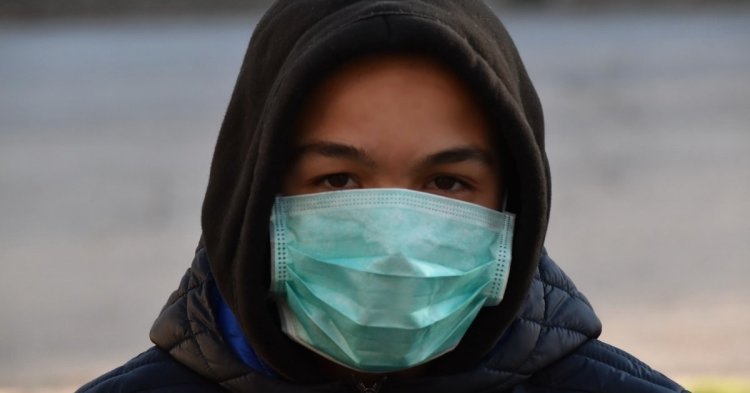The Office of National Statistics has found that Black people are four times more likely to die from COVID-19 than White people. Bangladeshi and Pakistani males were 1.8 times more likely to die from the virus than white males, after pre-existing factors were accounted for. Additionally, females from these ethnic groups were 1.6 times more likely to die from the virus than their white counterparts.
A potential cause for this could be that a large proportion of the population in London are from ethnic minority backgrounds, estimated to be about 40% according to the 2011 census.
However, even when you adjust for where the coronavirus outbreak has hit hardest, both the Office for National Statistics and think-tank Institute for Fiscal Studies have concluded that ethnic minorities are being disproportionately impacted. In fact, the research states that geography is counterbalanced by age.
The British ethnic minority population tends to be young with only 2-3% of the over-85 population being BAME. With 90% of deaths from the virus are in people over 60, there is a mismatch.
The IFS concluded that when we look at both geography and age combined, the death rate should be lower for most ethnicities than for white people. Similar patterns showing disproportionate numbers of BAME virus victims have emerged in other European countries with large minority populations. As reported by the Financial Times, when Norway’s public health experts began looking into the backgrounds of those infected by COVID-19, people born in Somalia had infection rates more than ten times above the national average. By late April, Norway had 7,500 cases, equivalent to 140 per 100,000 inhabitants but 453 of those cases have been among the relatively small community living in Norway who were born in Somalia. However, Kamlesh Khunti, professor of primary care diabetes and vascular medicine at Leicester University in the UK, has said no countries show as strong evidence as the UK about overall ethnic patterns of COVID-19.
What is the reason for this pattern?
Underlying health issues, which have been linked to higher coronavirus death rates, could certainly play a role. Black people are more likely to be overweight than White people while Asian and Black populations have been found to have a higher risk of diabetes and heart disease, according to the Institute for Fiscal Studies. However, regardless of ethnicity, deprivation seems to be more important. According to the Office of National Statistics, the death rate in the poorest communities in England and Wales is twice as high as the wealthiest.
Overall, ethnic minorities are much more likely to be disadvantaged. They are more likely to live in deprived, dense, over-crowded urban areas. They are over-represented in high-risk occupations, including health workers, transport and essential shop work. These conditions make it difficult to socially isolate, meaning they are much more likely to be exposed to the virus in high doses.
The Labour Party has now announced its own review into coronavirus impact on BAME communities. Sadiq Khan, Mayor of London, has also called on the equality watchdog to urgently investigate whether the disproportionate impact on these communities could have been prevented or mitigated.
Despite all of this, what is clear is that governments need to urgently address the structural economic and social inequalities in their societies which mean that the poorest are hit hardest in times of crisis, such as these.

Follow the comments: |
|
